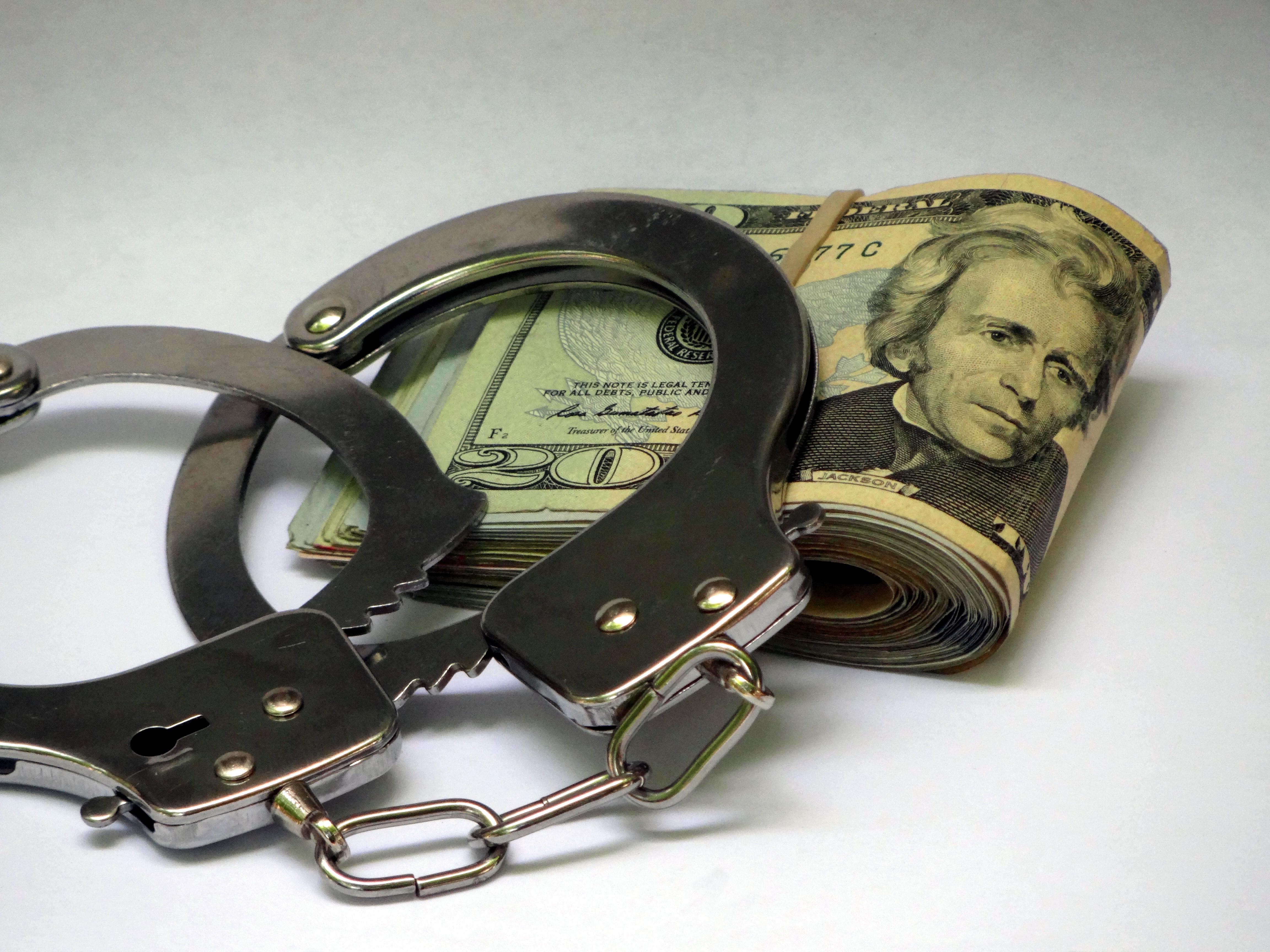
27 Oct Don’t use fraud to pay for college
Photo: DodgertonSkillhause/morguefile.comQ. My daughter’s college friend decided not to take student loans, and instead charged tuition on credit cards. She told my daughter she doesn’t plan to pay and will file for bankruptcy after she finishes college. I’m trying to explain to my daughter why that’s an awful strategy. Help!
— Distressed dad
A. Wouldn’t it be nice if things were that simple?
Your daughter’s friend faces several issues if she goes through with her plan.
While the debt on her credit cards for college tuition charges is technically unsecured debt which is usually dischargeable — absent fraud — in a Chapter 7 bankruptcy case, the friend appears to have unclean hands, said Ilissa Churgin Hook, a bankruptcy attorney with Hook & Fatovich in Wayne.
“The fact that she is essentially advertising her lack of intent to pay back the debt is a big problem,” Hook said.
Hook said while Chapter 7 is intended to give an honest debtor a “fresh start” via a discharge of certain debts, creditors also have rights in a bankruptcy case.
“Keep in mind that the Bankruptcy Court is not only a court of law, but also a court of equity,” Hook said. “The issuer of the credit card(s) that the friend charged her tuition on can bring an action within her bankruptcy case under Section 523 of the Bankruptcy Code for the denial of the discharge of this particular debt.”
Hook said the burden would be on the credit card company to prove fraud in order for the friend to remain on the hook for the debt.
“Although fraud is usually difficult to prove, the fact the friend is telling third parties that she has devised this scheme can be used as evidence that she never intended to pay back the debt, i.e. that she intended to defraud the credit card companies,” Hooks said. “A `fresh start’ was not created to benefit such actions or the debtors who engage in them.”
If, on the other hand, the friend had simply charged the tuition with the intention to pay back the debt, made payments for a period of time, and then became ill or unemployed through no fault of her own and could not make any further payments, she may have been able to discharge the debt, depending on the overall facts of her case, Hook said.
But that’s not the case here.
Hook said student loans are generally not dischargeable in a bankruptcy case. There are some rare cases in which a debtor proves to the court that the repayment of the loans would impose an undue hardship on the debtor and the debtor’s dependents, and bankruptcy courts have granted a discharge of student loans, Hook said.
“Your daughter’s friend appears to have attempted to find a way around this rule by charging her tuition instead of taking out student loans,” Hook said. “However, her fraudulent intentions regarding not paying back the debt will likely foil her plans.”
Email your questions to Ask@NJMoneyHelp.com.
This story was first posted in October 2015.
NJMoneyHelp.com presents certain general financial planning principles and advice, but should never be viewed as a substitute for obtaining advice from a personal professional advisor who understands your unique individual circumstances.
